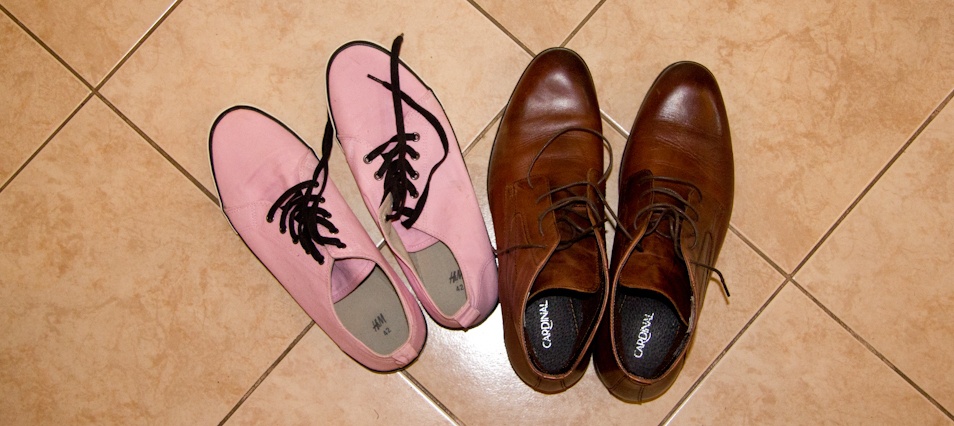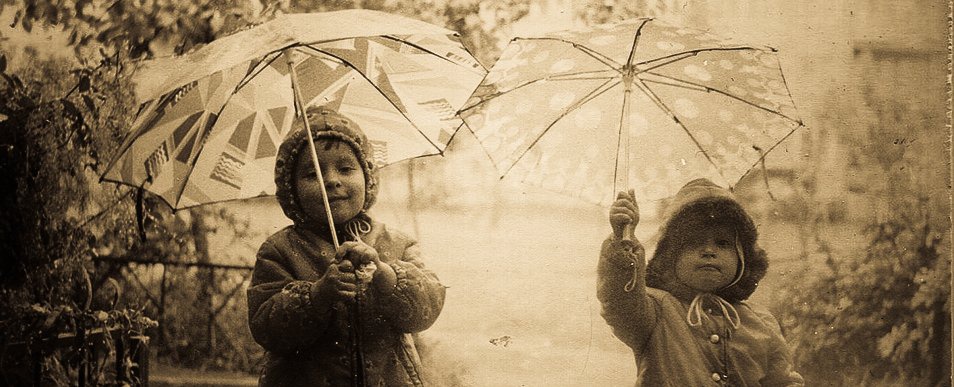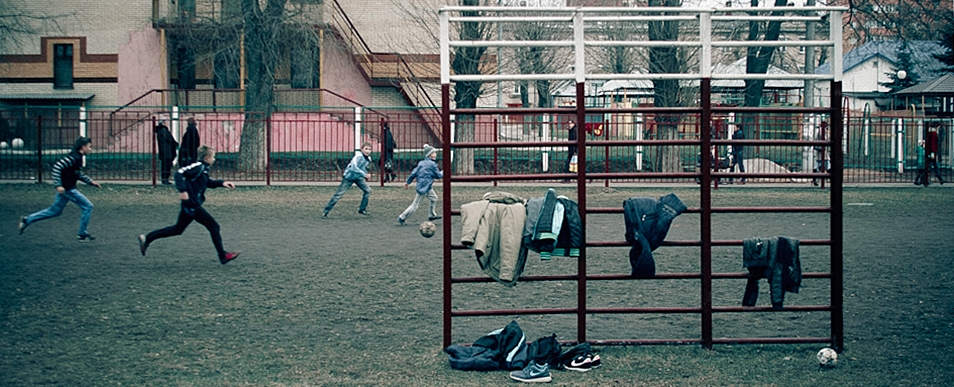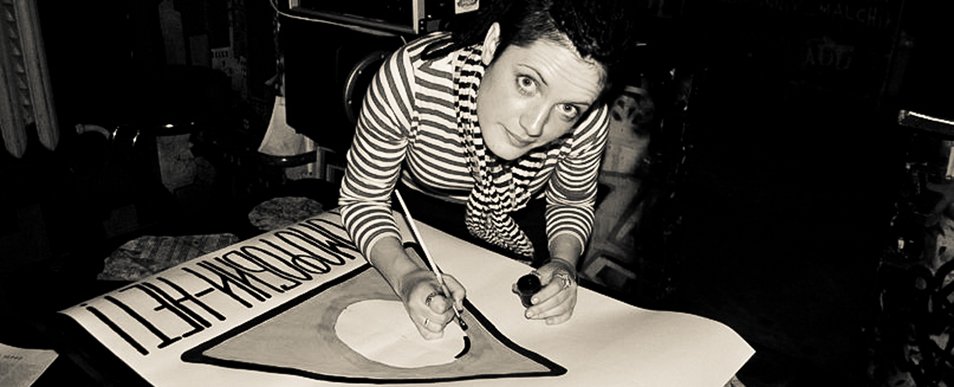Transition is unique for every t* person. Some people only want hormone therapy, others require a legal name and/or gender marker change, still others need surgery. We invite you to get to know the story of Oleg who underwent a sex reassignment surgery in Belarus.
The realization came rather late, after I turned twenty five. It’s like you go about your life, you say the endings according to your passport, and you realize that something’s wrong. I had a time when I didn’t use any gender endings at all. Before you say anything, you rehearse it in your head, your brain feels like it’s going to explode. It wasn’t until very late that I got access to the Internet and information.
When you live in the dark, it seems that either there is something wrong with the people around you, or with yourself.
Once I stumbled upon an article on the Internet, and all was set in motion. I started digging for information, I found a forum, found Belarusians there, wrote private messages to them, suggested we meet. At that meeting one of them told me what I must do, step by step. And so the wheels began to spin. I guess I had it easier than the rest: my appearance matched whom I felt I was inside. I had a different kind of problem: I wasn’t recognized, for example, at the border control, when I showed my female passport. People didn’t believe I wasn’t a man.
The very first step is registering at the City Psychoneurological Dispensary. You need to go to the chief sexologist and say: “Hello, I’ve got this misfortune, let’s do something about it.” The first appointment is about information: the doctor explains the whole process to you, registers you, writes down your legal name and your preferred name, hands you questionnaires, tests. Then it’s the monitoring stage, which takes at least a year: you have to go and see the sexologist and also a psychologist every two or three months. Meanwhile, during that year, you need to undergo a full medical and psychological exam, it’s like they are preparing you for going into outer space.
Also you have to stay at Novinki for a month, in a closed women’s ward. That’s an extreme experience! I was lucky because I only had to stay there for 10 days, the rules weren’t that strict back then, you got to go home. The harshest stuff of all happened in the morning: they take you through billions of consultation rooms, and after lunch you can go home, the key is to get back before they close for the night. I had no problems with my look so the women who were staying there would wonder: “A boy in the women’s ward? Why are you here?” I would say that all the beds in the men’s one were occupied so they put me here.
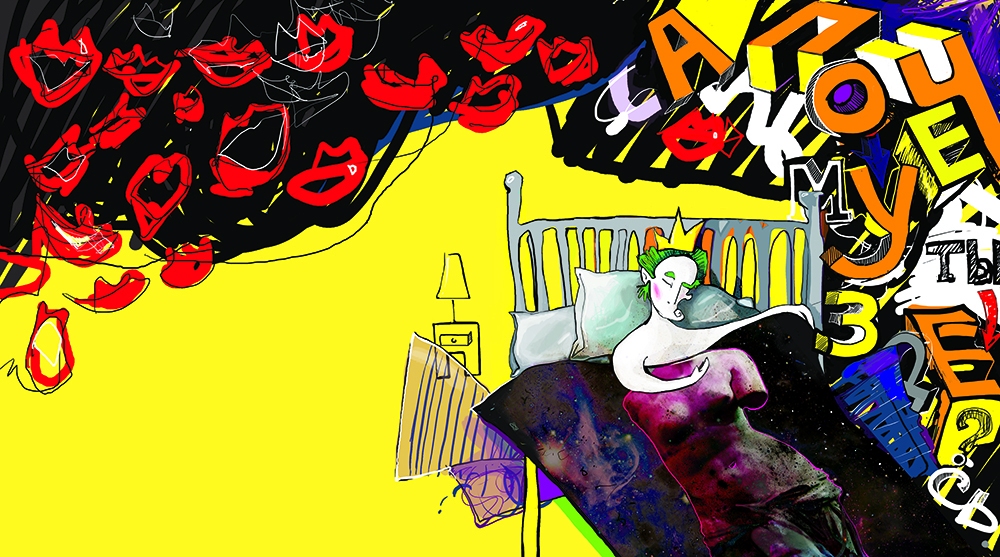
I had a six-bed room all for myself, I was treated like a royalty. The staff was great: everybody was informed about me, they asked right away how they should put me down, I told them my future name, and they used it to address me all the way. That was a pleasant shock, there was no hardcore stuff, sometimes they would ask me for help, to go to the kitchen, to fetch something.
Meanwhile, during the same first year, they ask you to bring them an excerpt from your clinical records, to see a children’s psychologist, the assistant professor So-and-So, an endocrinologist, everywhere they make you do tests and answer the same questions. Some pull stuff out of you that you were afraid to admit to yourself. But it’s nothing too bad, everything is doable if you are self-confident. You need to understand that nobody wants to hurt you, they are just assessing how sane and reasonable you are.
Sometimes it was unnerving, at times even scary, but you need to believe in yourself: eventually it’s over, and then happiness comes.
When the first year is over, the chief sexologist puts the documents together for the commission. There are around 14 people there: psychologists, lawyers from the Ministry of Internal Affairs, people from various areas, and the questions they ask you vary too, mostly about your plans for the future, whether you are in a relationship. Then they just tell you yes or no. A “no” is no reason to get upset, after six months you can go in front of the commission again, I know a guy who passed on the second try. After the commission, they hand you a paper with a lot of seals, with embossed coats of arms, and with that, you need to go solemnly to the registry office. At the registry office, I entered some room at random and asked: “What kind of request should I write?” The lady had no idea, she said mine was the first case in the district. But she was very sympathetic with my situation, she went to her boss and finally explained everything to me. Later she got back to me to see how I was doing.
You shouldn’t be afraid of questions, you shouldn’t be rude, people’s curiosity is understandable. I explained the situation to her and it was a good thing: the more people know about such things, especially in public office, the better. I educated everyone I met everywhere I went. Maybe it’s because I’m a communicative person, I like to talk to people, and this is also an opportunity to tell people something new, so that’s awesome.

Then I was getting a new passport, and I was lucky because the old law was still in place and they changed my personal ID number as well. It is a rule that women’s ID numbers start with certain digits and men’s with others. Last year, a decree was issued that requires the ID number to remain unaltered during the person’s whole life even if they transition. People face all kinds of problems because of that now, for instance, you can’t get a loan in a bank anymore: they pull up your passport by the ID number and don’t get why it’s a woman’s one while the name is male. Guys went even to see ministers about that but got nothing. Maybe someday there will be a solution.
After you’ve got your passport, you change your military service card — that’s quite an adventure. You have to walk through the hall naked but for your socks and underpants. Through all the consultation rooms: they hand you the list with the doctors you have to see, and there you go. It all went well at the military enlistment office commission, I guess I just came across a nice general practitioner, he issued me with a surgical diagnosis, which is great. According to the law, they are supposed to issue a psychiatric one, then you have trouble getting clearance when you apply for a driver’s license, and so on. Going through the military medical exam was amusing: it was winter, not the conscription season, and there were just two of us there: myself and this welder guy. So we both walk around naked, and it was long before I had my surgery. But neither this guy nor the doctors gave any sign that they’d noticed anything out of the ordinary.
Then I changed all the papers I had (the school certificates, the university diploma, the skills improvement certificates, the banking cards, the driver’s license, etc.) When I came to get my new school certificates, I bumped into my first ever teacher, she recognized me and said: “I’m happy for you and not surprised at all because I’ve known you since you were a kid.”
At least six months after you get your passport, the same commission comes together for another session. They gave me the green light to proceed further. Different people need different things: for some, changing their papers is enough, they don’t take hormones and don’t undergo surgery, but that option wasn’t for me, so I took the next step. Many take hormones unofficially, we’ve got illegal supplies from Iran, India, and Poland. But I waited until I got my first approval and then proceeded with the first shot. Then I registered at the endocrinologist’s, I get all my hormones by prescription only, and I do blood tests regularly. Also before that second commission session I had already completed my first surgery.
All surgery is free of charge around here, you pay only for the medical consumables. The anesthesia is good, so is the anesthesiologist and the ward. They put you into a man’s ward, this time according to your papers. I stayed in the ward with three regular men, one had his fingers cut off, another one had something with his leg, and there we were bunched together. All went well, I was released after three days, but the nurses were worried about me, they helped a lot. I was surprised, I thought they wouldn’t get it at all.
The first surgery is masectomy with masculinizing mammoplasty, this means they give you a male chest shape. I had my surgery in July, and in September I could take my shirt off at the beach already—nobody paid any attention, we all have different bodies after all. The next step is hysterectomy, removing all the female organs. That’s not a very nice surgery to have, but it all went reasonably well. To change my bandages, I would go to my local clinic. On the whole, I went to see doctors a lot, and nobody goggled at me or was rude. After those surgeries some people gather their thoughts and decide whether they want to proceed to the third step.
Almost all believe a man with no penis is no man, and the bigger the penis, the better.
And so the third step comes: metoidioplasty or phalloplasty. The first option is less traumatizing, but the size you get is modest, though the looks and sensitivity are okay. The second one is more problematic: there is no sensitivity, it’s just a piece of skin they take from another part of your body. It’s very traumatic, the functionality is not great, it only serves to give you volume. I don’t see the point of such surgery.
I’m contemplating Serbia at the moment: they do a good metoidioplasty there. There is also a good plastic surgeon in Minsk, people come to him from other countries. I went to see him too, but I’m Belarusian, I have the right to have this kind of surgery free of charge, and he only works with private patients. A free-of-charge surgeon is not an option for me, I don’t like the results they provide. I know that many ask for a phalloplasty with at least 15 cm. When a person who is 165 cm tall asks for 18 cm at least, it’s comical. The surgeons smile at such requests but do what they’re asked, such patients’ only argument is: “I’m a man, aren’t I?”
At work all the changes went down before the management’s very eyes. The director brought all the heads of departments together, explained it all to them and asked them to treat me properly. Then my immediate boss talked to the guys in the department. I came in after lunch, at first they were giving me “the looks”, nobody quite knew what to do. And then we sat down and had tea, and all was fine. Yes, they didn’t manage to readjust straight away but they tried. I’m thankful for that, but still, it was a bit hard. They use the right name and all, they smile at you, but inside you, there is the nagging doubt: “What if they say it all but don’t actually believe it?” In the end I found a new job, and here nobody knows about me. It’s great when you don’t know the people you work with, it’s a lot better that way.
At the time of the realization I had a girlfriend, we’d been together for a long time, we’d been living together, it was a serious relationship. But she said: “If you’re going to do anything, then you’re doing it without me,” and that was it, we broke up. Then I started digging for information, I registered, and it was then that I met my future wife. She was by my side all the way, it’s amazing when you have someone to talk to, when another person simply gets you, it’s great.

As to my parents, things haven’t been quite smooth, we have always had a rather cold relationship. I simply confronted them with the fact, and they said: “We’re not too pleased, but it’s your life, we won’t get in your way, but don’t count on our support either.” The day I got my new passport I showed it to my parents. My father simply closed the door and went off to another room. And my mom asked what was next, how things were at work, so I told her. I mean, it’s not like my life had stopped, it had actually just started.
We cried a bit, she hugged me and said that I was her child anyway, so we’d just have to make some changes in our life.
Now all is fine with my father as well, he got over it. It took some time before he could accept the new way he was supposed to address me, he kept his silence for a while, and then he started asking how it all had been, what was next, what surgeries, how things were with my girlfriend. And then me and her, we got married. Her parents don’t know anything at all. They like me, they see that I love their daughter and that I’d do anything for her. We live in perfect harmony, they are happy for us, and they are friendly with my parents as well. I only was afraid that my brother wouldn’t get it, that he’d stop talking to me or even hurt me, but kudos to him on this score. We get along very well, sometimes he asks me and my wife to babysit my nephew who likes me a lot. We get along with other family members too, they call me on holidays, we’re friends on social networks. Yes, such things do happen, and it’s great.









